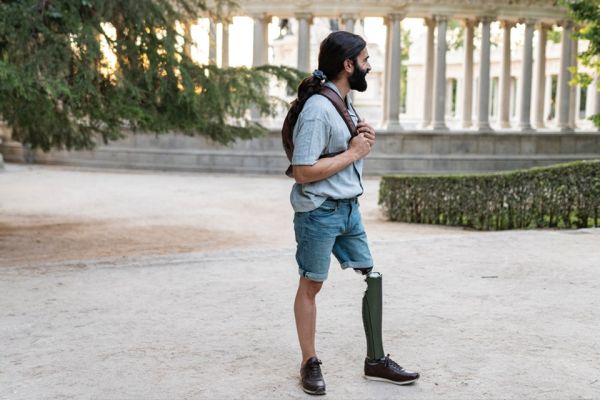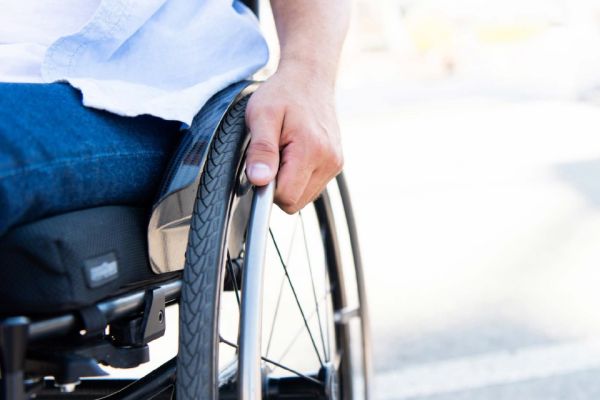Certified to Drive
Author: Deborah Melamed, Occupational Therapist, with contributions from The War Amps

Whether you are already a licensed driver who has recently become an amputee, or an amputee
going for your driver’s license for the first time, you will likely have questions.
Will you need special devices on your vehicle? Will you need special driver training? What will obtaining or renewing your driver’s license look like? Will you have any restrictions on your license?
Of course, most amputees are still able to drive. Depending on the level of amputation, some individuals can still drive unmodified vehicles. For those who cannot, there are modifications available for most vehicles that can accommodate different levels of ability.
Driving is an area under provincial, rather than federal, control. Therefore, the criteria differ for each province. In many cases there are no specific provincial procedures. Rather, there are guidelines for motor vehicle offices, so experiences may vary from city to city within a province. In some cases, obtaining a driver’s license may not necessitate any special requirements. In other cases, a Ministry official may presume that some, or all, amputees must undergo a special assessment.
Thrive has answers to these questions and more.
Of course, most amputees are still able to drive. Depending on the level of amputation, some individuals can still drive unmodified vehicles. For those who cannot, there are modifications available for most vehicles that can accommodate different levels of ability.
Driving is an area under provincial, rather than federal, control. Therefore, the criteria differ for each province. In many cases there are no specific provincial procedures. Rather, there are guidelines for motor vehicle offices, so experiences may vary from city to city within a province. In some cases, obtaining a driver’s license may not necessitate any special requirements. In other cases, a Ministry official may presume that some, or all, amputees must undergo a special assessment.
Thrive has answers to these questions and more.
Read the article for information on the process, assessments, adaptive equipment and prescriptions.











 How to resolve AdBlock issue?
How to resolve AdBlock issue?